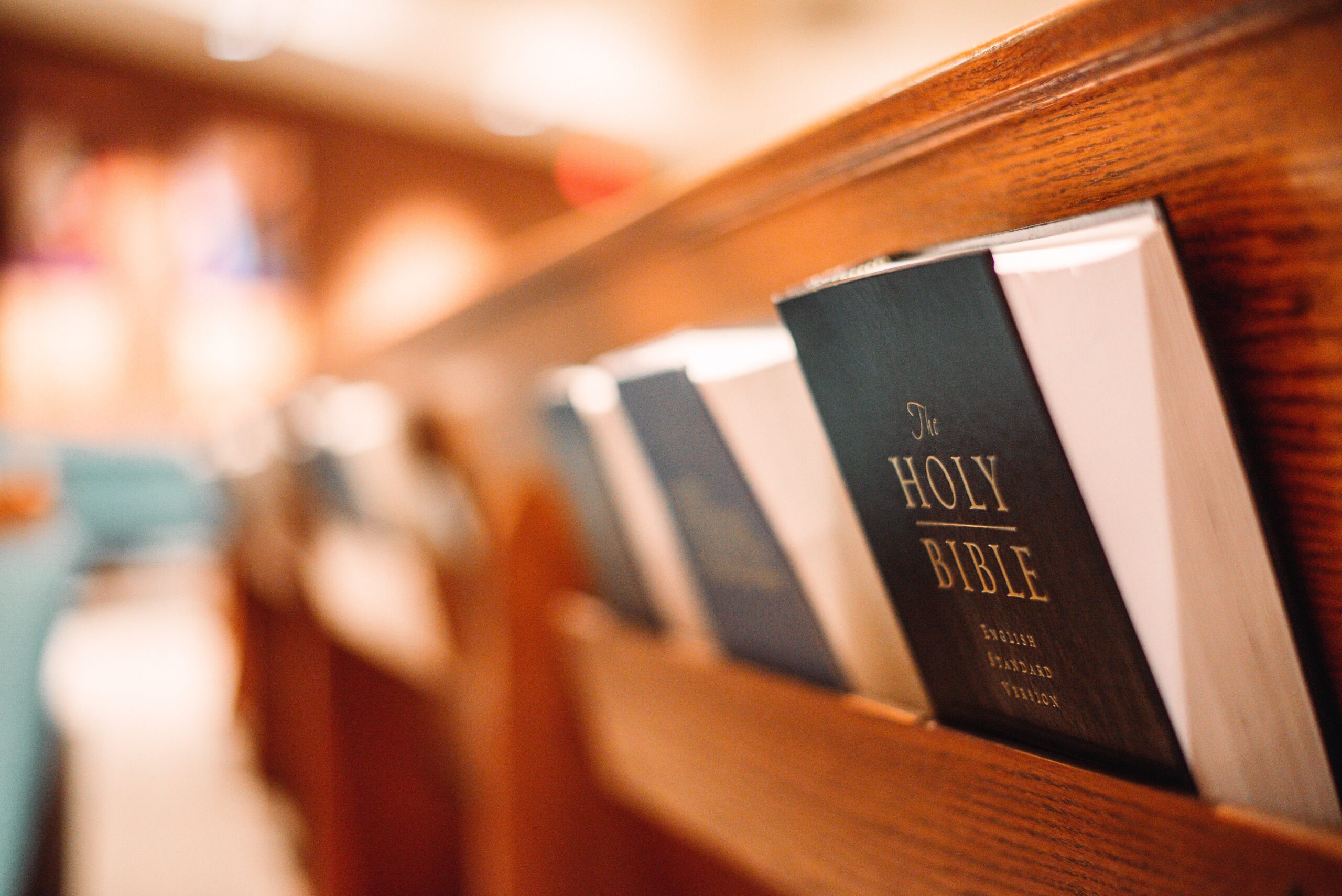JESSICA ROAN | GUEST
For one night, a few times a year, a shabby 60-year-old auditorium stage is transformed into a magical scene where a group of ragtag students from all nationalities, academic levels, and socioeconomic groups come together to make beautiful music. As a public school teacher and a parent of students in the school in which I teach, my emotions always run high at school music concerts. Unlike many in the audience, I know how truly remarkable this moment is. I know that on this night the valedictorian, the child with a math disability, the outcast, the orphan, and a student from one of the most prominent families in town will come together as one. Thanks to the school’s affordable rental program for instruments and even suit jackets and dresses, the ground is even on that stage. All of the drastic differences in finances and home situations vanish when the director raises her hand and the members play Vivaldi as one.
Just like the students in my school, we live in a divided world. It doesn’t take much for us to take sides against one another. Topics surrounding politics, what we read in the news, theological differences, and even how we raise our children can divide us in a heartbeat. Yet, just like a myriad of violins, violas, cellos, and basses in the hands of teenagers from diverse experiences and backgrounds can come together in miraculous harmony, so too can we as God’s children voice Christ’s anthem.
We Have the Same Creed
With the release of the remake of Rich Mullin’s “I Believe What I Believe,” I was led to 1 Corinthians 15, what some might call Paul’s own Apostle’s Creed. We all need a reminder of what it is we believe in—what we place our hope in. We live in a tumultuous world. People are confused about what is true and right. In such times, believers can join together and speak of who Christ is. We can point others to these unchanging truths—truths that provide real hope to a world that is lost.
Paul tells the Corinthians “Now I would remind you, brothers, of the gospel I preached to you, which you received, in which you stand, and by which you are being saved, if you hold fast to the word I preached to you—unless you believed in vain” (1 Cor. 15:1-2). What is this gospel? Christ’s perfect life, sacrificial death, burial, and resurrection (1 Cor. 15:3-8). Paul is careful to point out that this set of beliefs is true despite who relays the message. With some claiming to follow Paul or Apollos in 1 Corinthians 3, Paul is careful to say, “Whether then it was I or they, so we preach and so you believed” (1 Cor. 15:11).
Causes abound in today’s world. Many issues compete for our attention. Now, more than ever, it is time to do as Paul did and vow to “know nothing among you except Jesus Christ and him crucified” (1 Cor. 2:1-3).
We Have the Same Hope
In a world where hope is often found in self-determination or in one’s feelings or in one’s successes, the hope God provides is different. After 1 Corinthians spells out the basics of Christ’s death, burial, and resurrection, the rest of the chapter focuses on the resurrection—both Christ’s resurrection and the future resurrection of those who believe. First, Paul explains that “if Christ has not been raised, your faith is futile; you are still in your sins” (1 Cor. 15:17). Had he remained in the grave, it would have meant that he was fallen like the rest of us, but because he was the spotless Lamb of God, he was the perfect substitute for our sins, and as such, he conquered the grave. This is the good news of the gospel! Christ “has been raised from the dead, the firstfruits of those who have fallen asleep. For as by a man came death, by a man has come also the resurrection of the dead. For as in Adam all die, so also in Christ shall all be made alive. But each in his own order: Christ the firstfruits, then at his coming those who belong to Christ. Then comes the end” (1 Cor. 15:20-24a).
Our hope is not found in the things that divide us; rather, it rests in Christ’s resurrection and the promise of our own resurrected bodies. Paul’s encouraging words leave us yearning for Christ’s return. Starting with a comparison of heavenly bodies saying, “There is one glory of the sun, and another glory of the moon, and another glory of the stars; for star differs from star in glory. So is it with the resurrection of the dead. What is sown is perishable; what is raised is imperishable. It is sown in dishonor; it is raised in glory. It is sown in weakness; it is raised in power. It is sown a natural body; it is raised a spiritual body. If there is a natural body, there is also a spiritual body” (1 Cor. 15:41-44). What an encouraging word!
It is so easy to become consumed with what is happening in the world around us and forget that we have such certain truths upon which we stand. Like our church fathers before us who united in the creeds and confessions we recite aloud each Lord’s Day, may we unite under the truths of the gospel. Jesus lived a perfect life. He died a sacrificial death. He rose again in victory. He ascended into heaven and sits at the right hand of the Father. Even now, he is gathering his children together from every tribe, nation, and tongue so that with one voice, we may attest the truth of who Christ is and what he has done. May our voices be a beautiful harmony for the world to hear so that they too might know the hope that is Jesus Christ.
Photo by Mitchell Leach on Unsplash

Jessica Roan
Jessica Roan has a Bachelor’s Degree in English Education from Oklahoma Baptist University and a Master’s Degree in Special Education from Montana State University-Billings. She is a high school English teacher, mentor, and blogger. She can be found at carriedalong.blog. She enjoys writing, hiking, skiing, and traveling. She lives in Billings, Montana with her husband and two boys. Her home church is Rocky Mountain Community Church.

